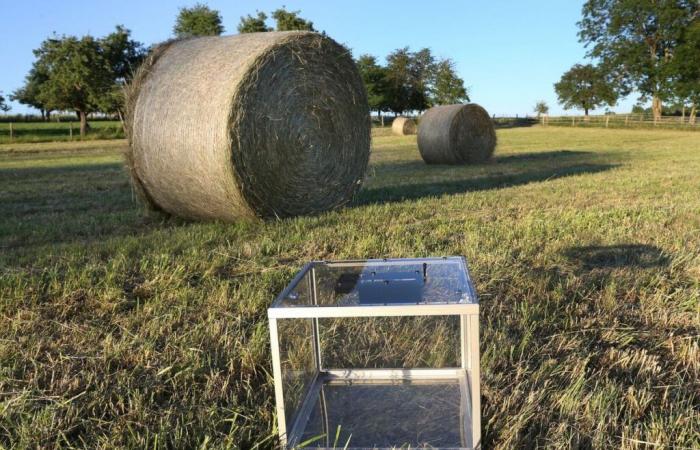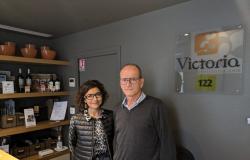Via the Internet or by mail, voting in the elections to the Chamber of Agriculture has started and will last until January 31 for a count on February 6. Everyone holds their breath because the map of France could change color. In Haute-Marne, some unions have doubts and others hope. The question is whether the Rural Coordination and/or the Peasant Confederation will turn the tables.
The electoral system which provides for the election of agricultural representatives within the Chambers of Agriculture is very particular in giving a large number of seats to the list which comes first. It allows, each time, to achieve a large majority and avoids a fragile, hesitant six-year mandate without being able to really govern. The complete opposite of what is currently happening in the National Assembly where no majority emerges.
For example, in 2019 in Haute-Marne, for the “operators” college, 1,255 votes were cast out of the 2,520 voters, or 51.35% participation. The FDSEA/Young Farmers list won 64.86% of the votes and won fifteen seats. With 20.24% of the votes, the Peasant Confederation had two seats and the Rural Coordination had only one seat with its 14.9% of votes. In other words, with less than two thirds of the votes, the majority union wins more than 80% of the seats.
In 2019, at the French level, only three Chambers of Agriculture were in the “yellow” colors of the Rural Coordination (Lot-et-Garonne, Vienne and Haute-Vienne) and one in those of Young Farmers (Haute-Garonne) which were emancipated from the FDSEA. The rest of the Chambers were carried away by the latter. The question now is whether the majority union will repeat this feat. However, doubt is setting in in the countryside.
Important ambitions
The Rural Coordination aims to win ten to fifteen Chambers throughout France. It will benefit from a momentum that began a year ago, during the last Agricultural Show. Faced with the despair and fed up of farmers, the radicalism of the union was effective. She came from the southwest of France, which combined climatic problems (uprooting of vines) and health problems (avian flu). The FDSEA saw nothing coming and has since then only run behind the Rural Coordination. In other words, the FDSEA no longer has control and is only suffering. Often positioned on the extreme right, the Rural Coordination also benefits from the increasingly right-wing vote of farmers.
In addition, the results of the last six years are often blamed on the FDSEA with situations which have deteriorated on farms, breeding in adrift, Chambers which are no longer at the service of farmers and an administrative complexity in which the Rooms soak largely.
As for the Peasant Confederation, it continues to roll out its program at the national level without changing its position. Rather classified on the left, she has little chance of overturning the table. But its situation in Haute-Marne is totally different.
-The union leaders are open-minded and have a sense of dialogue. Less radical and more open, they are increasingly attractive by attracting all productions, for example, Philippe Collin, former FDSEA, farmer and energy producer in Colombey-les-Choiseul and seventh on the list. Hippolyte Babouillard, the head of the list, strongly believes in his election and taking the presidency.
The FDSEA weakened
Still in Haute-Marne, the Rural Coordination hopes to ride the national trend. The yellow caps have made an impression and if we have to measure their success by the people present at the public meetings, they can, indeed, have some hopes. The union attracts the greatest number of people. It remains for the candidates on the list to make themselves better known.
For the FDSEA, the results are described as “mediocre” by many farmers and the list is considered unrepresentative of real Haut-Marne agriculture. But, above all, the sidelining of Marc Poulot, outgoing president of the Chamber of Agriculture, weighs very heavily. While his former running mates had pushed him to take the presidency, he could not count on their support when uneasiness appeared among the staff regarding the actions of the director (complaints were filed) and the Place de l'Aube facing Haute-Marne.
Ultimately, the FDSEA associated with Young Farmers and the Federation of Milk Producers should remain in the majority but lose weight. The electoral system protects it from significant disappointments but elected officials will have to take into consideration this new vote and the discontent which is being heard on the farms and within the Chamber of Agriculture itself.
Frédéric Thévenin







